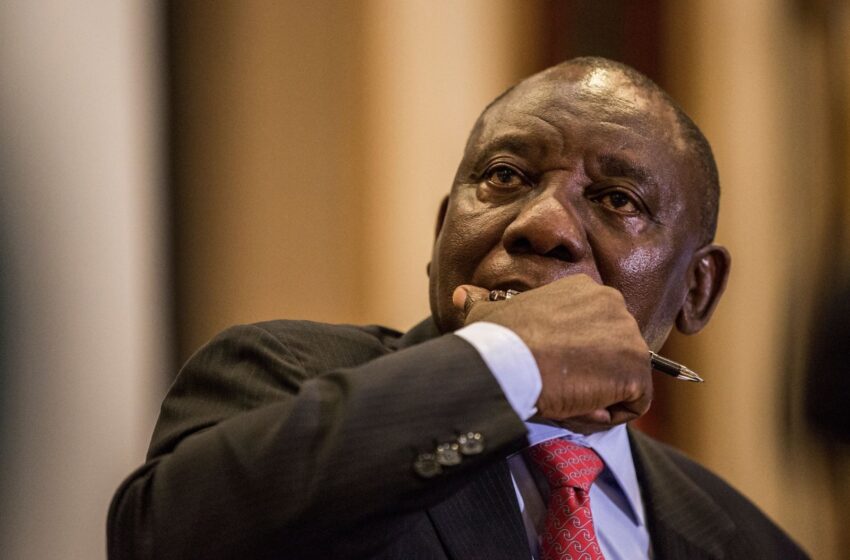South Africa gets emergency HIV lifeline — but the crisis isn’t over

South Africa President Cyril Ramaphosa
South Africa’s fight against HIV/AIDS is facing one of its biggest funding challenges in years. The sudden withdrawal of US support from the President’s Emergency Plan for AIDS Relief (PEPFAR) has left a significant financial gap. However, the National Treasury and international donors are stepping in to prevent a collapse of vital HIV programmes — though experts warn it might not be enough.
US Cuts Put Decades of HIV Progress at Risk
In 2024, PEPFAR contributed approximately R7.5 billion to South Africa’s HIV response, funding critical services including testing, treatment, and research. Earlier this year, US funding was drastically cut, primarily affecting USAID contributions, leaving a shortfall estimated at around 90% of last year’s support.
UNAIDS’ recent global report warns that such funding cuts could reverse decades of progress worldwide, potentially causing millions of new HIV infections and AIDS-related deaths by 2030. South Africa, home to one of the world’s largest HIV epidemics, is particularly vulnerable.
National Treasury’s Emergency Funding Injection
In response, South Africa’s National Treasury has committed R753 million to cover the immediate funding gap. Health Minister Aaron Motsoaledi announced that this amount will support provincial HIV services, medicine distribution, and medical research.
- R590 million allocated to provincial HIV programmes via the District Health Programme Grant
- R32 million for the Central Chronic Medicine Dispensing and Distribution Programme
- R132 million to the South African Medical Research Council for HIV-related research
Motsoaledi emphasized the government’s responsibility and political will to ensure the HIV/AIDS programme does not collapse, despite reliance on external funding.
Global Donors Match Treasury’s Commitment
Adding to this, international partners like the Bill and Melinda Gates Foundation and the Wellcome Trust have pledged a combined R200 million for medical research — on the condition that National Treasury matches this with R400 million over the next three years. This partnership aims to boost South Africa’s HIV research capacity and innovation.
Progress Despite Challenges
South Africa remains committed to the UNAIDS 2030 targets to end the HIV epidemic. The country has made strides, with current statistics showing 96% of people with HIV know their status, 79% are on treatment, and 94% of those on treatment are virally suppressed.
The government is also preparing to roll out the revolutionary long-acting HIV prevention injection, lenacapavir, to key populations, signaling a new era in HIV prevention.
Addressing Healthcare System Strains
Alongside HIV-specific efforts, the South African government plans significant investments in the broader health system:
- Hiring 1,200 doctors, 200 nurses, and 250 other healthcare workers
- Allocating R1.7 billion to boost public healthcare staffing
- Investing in new hospitals and modernizing existing facilities using advanced digital planning tools
- Permanently employing 27,000 community health workers
Minister Motsoaledi warned that failure to properly invest could lead to a health crisis akin to the nation’s electricity shortages, underscoring the urgency of these plans.
While the National Treasury’s funding injection and international pledges offer hope, they cover only a fraction of the lost US support. The HIV community and civil society groups continue to call for more sustained funding to prevent clinic closures and ensure uninterrupted treatment.
Motsoaledi remains confident, stating, “There is no way we are going to allow the world’s biggest HIV/AIDS programme to collapse — never.”

